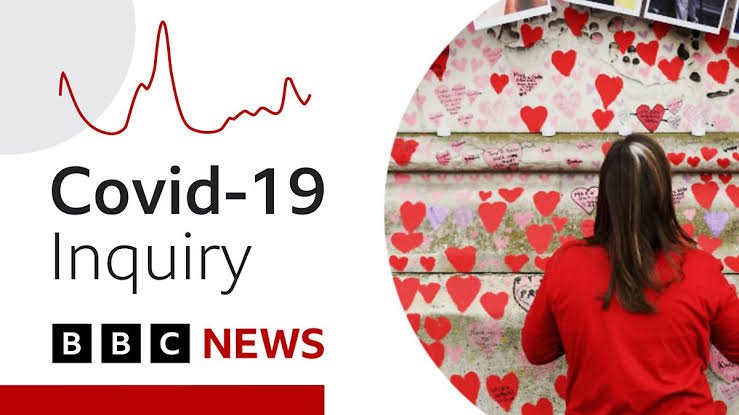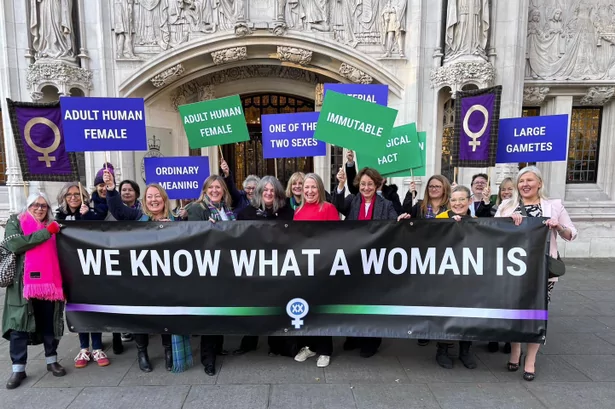The BBC misrepresented the risk of Covid-19 to boost support for lockdown measures according to Prof. Mark Woolhouse, a noted epidemiologist and government adviser.
The Telegraph UK reported that the BBC’s coverage during the early stages of the pandemic portrayed rare cases of severe outcomes in healthy adults as commonplace, which Woodhouse argued created a misleading impression of universal risk.
Woolhouse criticised the BBC for not correcting its reporting, suggesting that this approach helped justify the lockdown of the entire population.
He referenced a March 2020 briefing from a sub-group of the UK Government’s Scientific Advisory Group for Emergencies (Sage), which indicated the need to increase the perceived level of personal threat among those who were complacent.
Prof. Woolhouse, who also served as an adviser to the Scottish Government and sat on the Scientific Pandemic Influenza Group on Modelling, another Sage sub-group, stated that this misrepresentation by the BBC might have hampered the Scottish Government’s response to the pandemic.
He suggested that lockdowns were least effective for those most vulnerable, as they needed contact with healthcare and social care workers.
The Telegraph UK reported that there was a “climate of fear” within the BBC during the pandemic.
This atmosphere, as described by current and former journalists at the BBC, discouraged dissenting views on lockdowns and led to frustration among staff, some of whom reportedly resorted to secretive communication to share their concerns.
Despite these claims, the BBC maintained its pandemic coverage adhered to rigorous editorial standards.
New Zealand’s COVID-19 response will also come under intense scrutiny this year.
Coalition party New Zealand First has promise a wide ranging inquiry as part of the its election promise.
Misleading statements by former New Zealand Prime Minister Dame Jacinda Ardern will be raised.
In 2021, Ardern said “the virus is literally finding unvaccinated people.”
Similarly, Professor Jackson, a prominent figure, said those who remained unvaccinated would face dire consequences including death.
The New Zealand Herald aligned itself with government messaging, particularly during its coverage of the 90 percent vaccination campaign, raising questions about journalistic impartiality.








